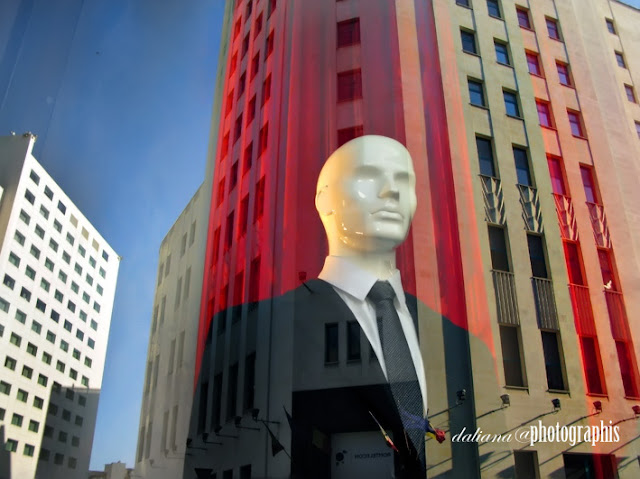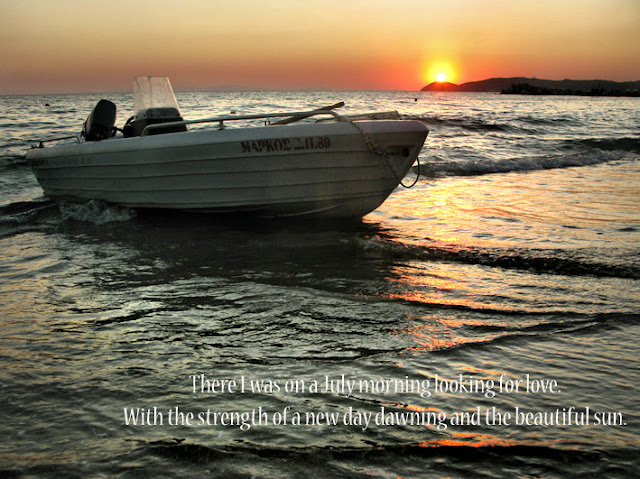Doctor Doctor what is wrong with me
This supermarket life is getting long
What is the heart life of a colour TV
What is the shelf life of a teenage queen
Ooh western woman
Ooh western girl
News hound sniffs the air
When Jessica Hahn goes down
He latches on to that symbol
Of detachment
Attracted by the peeling away of feeling
The celebrity of the abused shell the belle
Ooh western woman
Ooh western girl
And the children of Melrose
Strut their stuff
Is absolute zero cold enough
And out in the valley warm and clean
The little ones sit by their TV screens
No thoughts to think
No tears to cry
All sucked dry
Down to the very last breath
Bartender what is wrong with me
Why am I so out of breath
The captain said excuse me ma'am
This species has amused itself to death
Amused itself to death
Amused itself to death
We watched the tragedy unfold
We did as we were told
We bought and sold
It was the greatest show on earth
But then it was over
We ohhed and aahed
We drove our racing cars
We ate our last few jars of caviar
And somewhere out there in the stars
A keen-eyed look-out
Spied a flickering light
Our last hurrah
And when they found our shadows
Grouped 'round the TV sets
They ran down every lead
They repeated every test
They checked out all the data on their lists
And then the alien anthropologists
Admitted they were still perplexed
But on eliminating every other reason
For our sad demise
They logged the only explanation left
This species has amused itself to death
No tears to cry
No feelings left
This species has
Amused itself to death
(switch channels)
[Alf Razzell:] "Years later, I saw Bill Hubbard's name on the memorial to the missing at Aras.
And I...when I saw his name I was absolutely transfixed;
it was as though he was now a human being instead of some sort of nightmarish memory
of how I had to leave him, all those years ago.
And I felt relieved, and ever since then I've felt happier about it, because always before,
whenever I thought of him, I said to myself,
'Was there something else that I could have done?'
And that always sort of worried me.
And having seen him, and his name in the register -
as you know in the memorials there's a little safe, there's a register in there with every name -
and seeing his name and his name on the memorial; it sort of lightened my...heart, if you like."
(woman) "When was it that you saw his name on the memorial?"
"Ah, when I was eighty-seven, that would be a year, ninete...eighty-four, nineteen eighty-four."
(switch channels)
(crickets)






















































